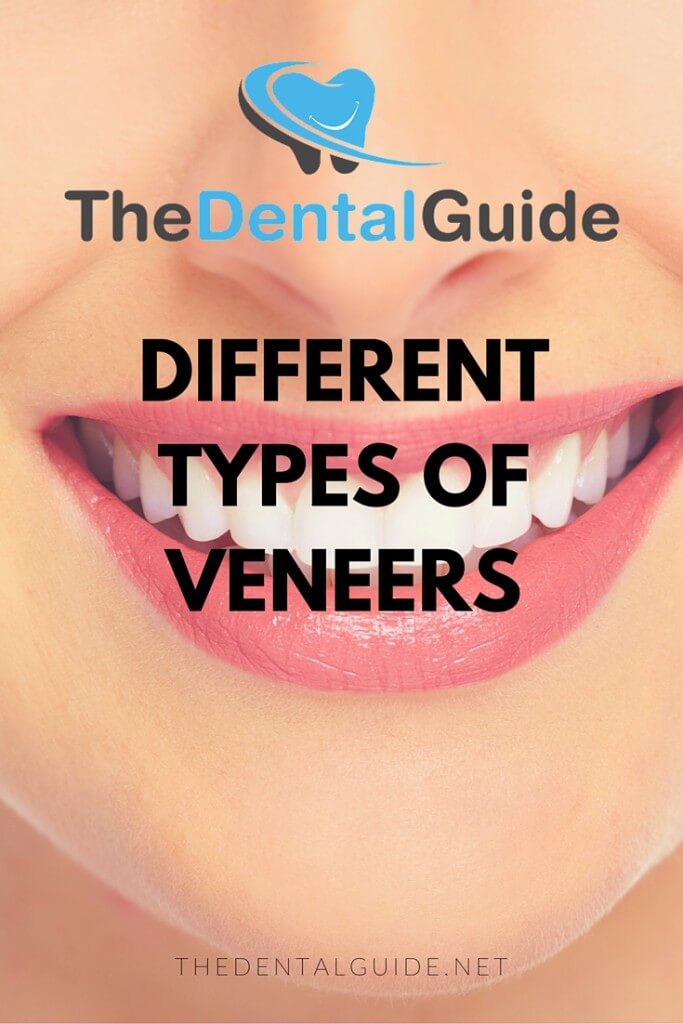Veneers are one of the most popular treatments for changing the overall appearance of your smile, and they’re incredibly effective. While most people think of veneers as a single treatment, there are actually several different types of veneers available. These range for higher-end permanent solutions like porcelain veneers to temporary cosmetic solutions like snap-on veneers.
Here we’ll look at the most common kinds of veneers and the pros and cons of each.
Composite Veneers
One of the most common treatment options, composite veneers are applied and sculpted during your appointment with the dentist. They are typically used to fix small cosmetic issues, such as chipped or cracked teeth, but they can be used to fix slightly crooked teeth or to fill small gaps between front teeth.
Composites are substantially cheaper than the likes of porcelain veneers, and involve a far shorter treatment period. The treatment can usually be completed in a single visit, although it may be a longer appointment than normal.
The downside is that the finish often isn’t as good as you would get from porcelain veneers, and they aren’t as resistant to staining and discolouration. Regular polishing can keep them looking great, and as long as your daily dental hygiene is good they should last a long time.
Porcelain Veneers
Porcelain veneers are usually the most expensive option, but the transformative effect they can have on a person’s smile makes them well worth the investment. The treatment will involve multiple appointments, with the initial preparation work being done with your dentist and the creation of the veneers taking place at the dental laboratory.
They are created specifically for your unique set of teeth and will be custom-tailored to your individual tooth colour and shape. They are resistant to staining and are the ideal solution to more severe discolouration, chips or cracks, and they generally last much longer than other types of veneers.
The downside is the expense, which is much higher than other types of veneer. Porcelain veneers also require much more initial preparatory work and usually require some drilling and reshaping of your original teeth underneath. Repairing and replacing damaged porcelain veneers can also be more expensive and time-consuming than other veneers.
Instant Veneers
Instant veneers are somewhere between porcelain and composite veneers. They involve the dentist applying a pre-made veneer to your teeth, rather than a custom made one. There are multiple different styles and shades available based on the commonly accepted best look for teeth, and your dentist will match the style and shade to your own teeth.
This treatment is far less expensive than porcelain veneers as the lab fees are removed and the process can usually be completed in a single visit. The pre-made veneers also mean you’re not relying on the ability of your dentist to sculpt the tooth like you would with composites.
The downside is that you’re not getting a custom made veneer, but for the most part the aesthetic results will be largely similar. While instant veneers are fairly stain-resistant, you won’t get the same long term results you would get from porcelain.
Removable Veneers
The final option is removable or snap-on veneers. These are a relatively new solution and are sometimes known as a snap-on smile. They are made from a hard-wearing dental resin to form a thin but strong cover that you wear over your existing teeth to give the appearance of a perfect smile. You can eat and drink as you normally would, and simply remove and clean them when you’re finished.
The dentist will take an imprint of your existing teeth and you can choose the look and shade of teeth you’d like on your snap-on veneers. You’ll then have a custom made perfect smile that can be worn as needed, and it’s a great alternative for those unable to afford extensive cosmetic treatment or who are not suitable candidates for implants or veneers.
While they are inexpensive and look fairly good, it’s by no means a long-term solution for existing dental issues. If you have chipped or cracked teeth, are missing multiple teeth, or have discolouration issues then proper dental work will be required to fix the underlying problems.
How Much Do Veneers Cost?
| Type | Approximate price |
|---|---|
| Composite | £200 - £600 |
| Porcelain | £500 - £1000 |
| Removable | £300 - £1000 |
